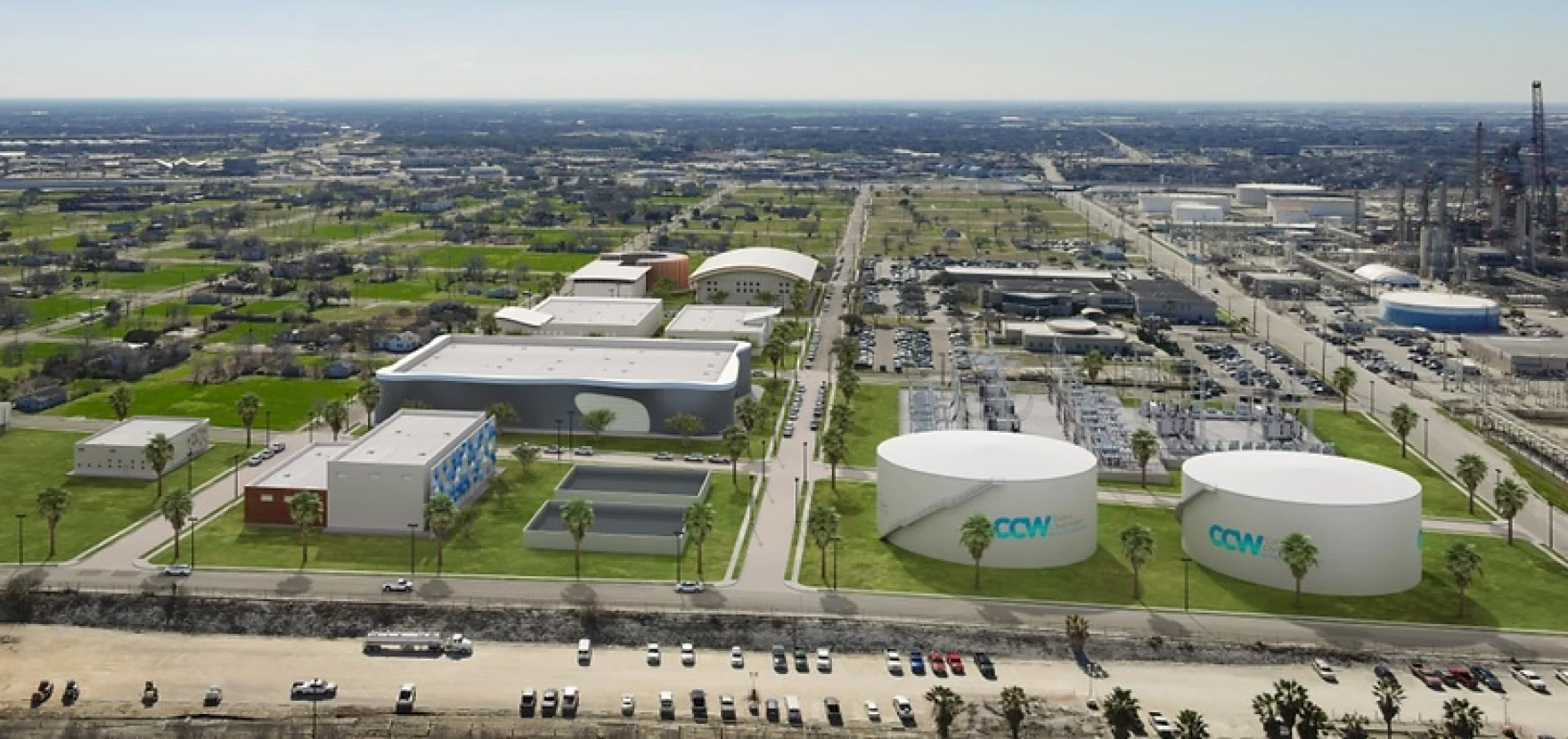From Texas Public Radio:
With climate change, Texas is going to need a lot more water in the coming years.
Recently, Corpus Christi’s City Manager Peter Zanoni announced the coastal city was in Stage 2 water restrictions.
“We have to work as a community. It’s not the industry versus the residents or the commercial versus the residents. Everybody is in this together. We all use the same water,” he said.
Under Stage 2, landscape watering is allowed once every two weeks. But the large industrial users of water don’t have to cut back on their consumption at the refineries and plastic manufacturers, which use more than half of the water in the municipal system.
“The industry does use a lot of water,” said Drew Molly, the chief operating officer for Corpus Christi Water. “Some people find that appalling. Some people find that appalling how much water they use.”
Molly added that it’s his job to provide water regardless of who needs it. That job is getting tougher as more industrial users of water are coming to the Corpus Christi area. The surface water sources are not able to keep up with this increased demand.
So Corpus Christi is turning to the Gulf of Mexico for a solution. It is moving forward with what could be the state’s first municipal ocean desalination project.
The Inner Harbor Ocean Desalination project is expected to cost more than $750 million to construct, and the day to day operations will also be expensive.
The Texas Water Development Board said that the average cost to produce one acre foot of desalinated water from brackish groundwater ranges from approximately $350 to $800.
The average cost to produce one acre foot of desalinated water from seawater is projected to range from approximately $800 to about $1,400.
“Corpus Christi is going to have rate increases,” Molly said. He added that the cost for desalination will be passed on to the rate payers.
“I can’t tell you exactly what those rates are going to look like in terms of how this is going to impact the residential, commercial, industrial user,” he said.
A report to the Corpus Christi City Council in January laid out that water bills for residential customers could jump by more than 50% by 2030.
















